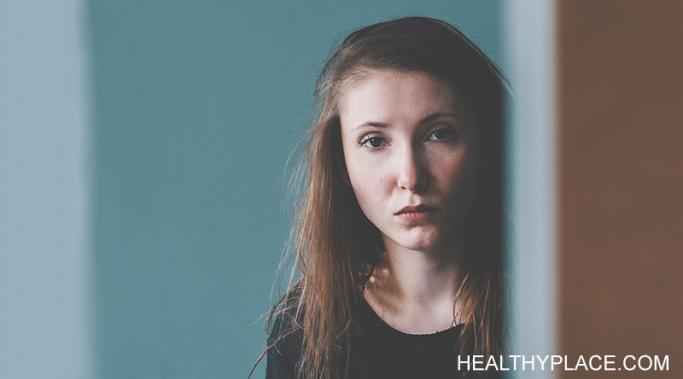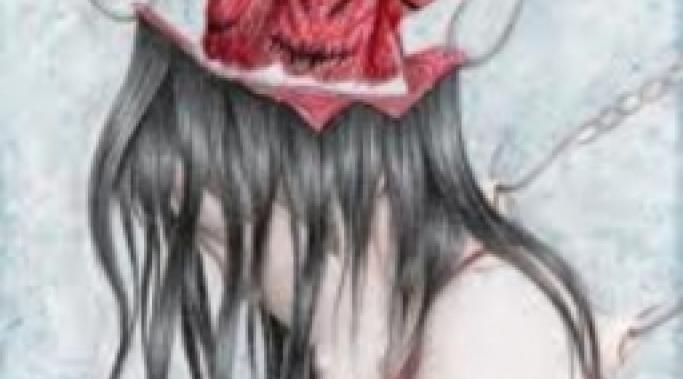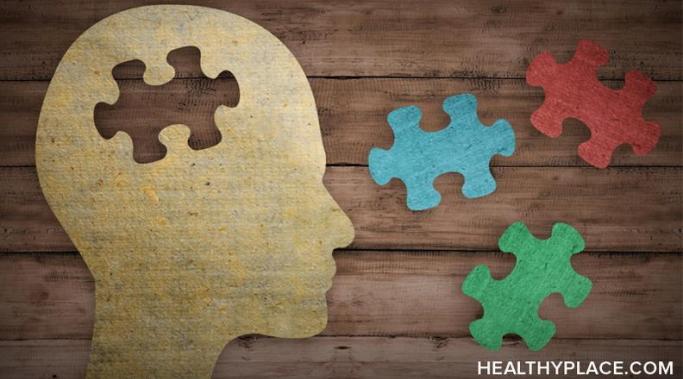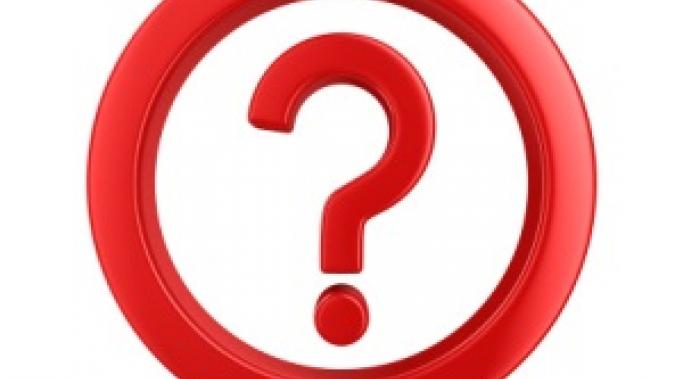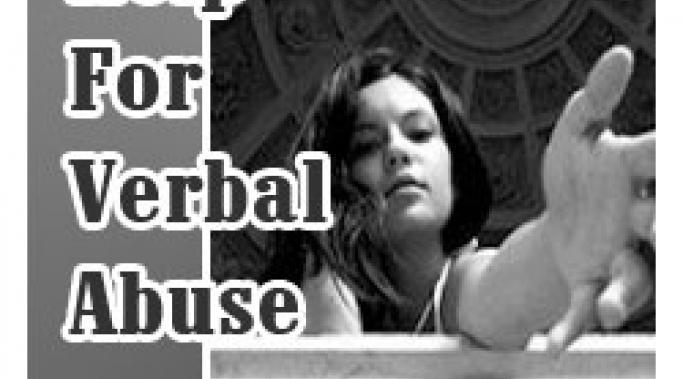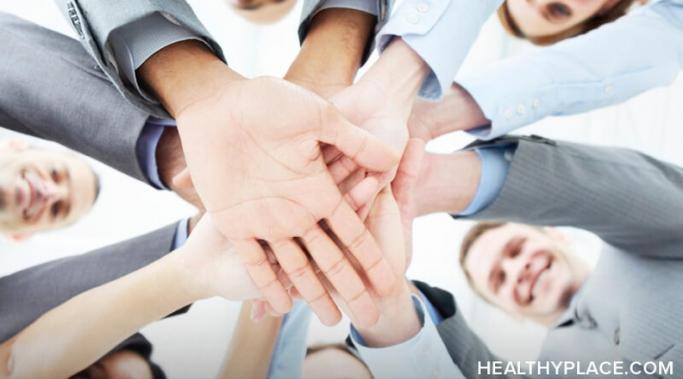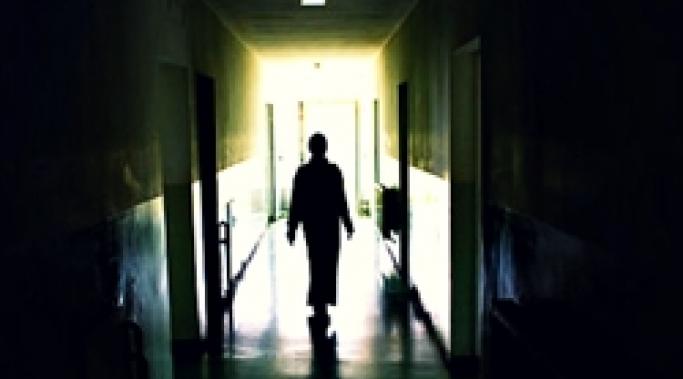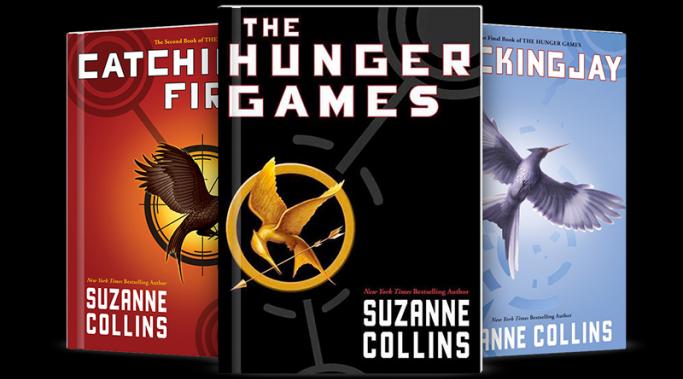Blogs
Learning about verbal abuse will help you to stop it. I'm not promising that your abuser will change, but stopping abuse begins with you. "Awareness is the greatest agent of change" and your awareness will in one fashion or another change your life. Learning about verbal abuse is key to stopping abuse.
In the times when I've had prolonged periods of wellness, I don't particularly think about bipolar disorder and I don't feel its implications. I just get up, get out of bed, say 'hi' to my cats, and go about my day. True, the med-taking is a reminder, but bipolar isn't necessarily top-of-mind.
This does not mean, however, that I can forget about the bipolar disorder. Forgetting about bipolar disorder is one of the most dangerous things you can do.
On new habits, chocolate, and not always taking the blame
I'm treating anxiety with copious amounts of Maltesers, and Greens&Blacks. Probably isn't going to help me relax (such as that ever happens) but it makes me feel better about the parts where I sulk and procrastinate because I have deadlines, and everyone else has a long weekend. Anyway, onto the topic du jour:
Is 'my best' enough to stop anxiety -and what is emotional competence, exactly?
Many sites on the internet dedicate themselves to serving up health information, but you should always question the source of that information.
It seems Bob has officially won this round of "Stump the Therapist."
She admitted today she isn't quite sure what to do with him at this point; that she can't determine how much of his problem stems from impulse control issues, and how much is just an "I don't give a s**t" attitude.
In the last blog, we established that you cannot control what your abuser says or does. If s/he is abusive, no amount of begging and pleading or outright love will make them be kind and sweet to you, their target. So, what can you do to stop verbal abuse?
There are a number of steps you can take to regain control of your thoughts, emotions and actions when facing abuse. One of them is reaching out to others. Reaching out to others covers a broad spectrum of behaviors from calling hotlines to receiving counseling from someone familiar with abusive situations.
Recently, a friend shared her story of childhood abuse, drug addiction, kidnapping and rape, and fighting for survival while living on the streets. I was moved when she mentioned the acts of kindness that made an impact on her life - a man who let her sleep in the back of his shop, a banker who took $100 out of his own pocket and gave it to her. These generosities may have seemed small to those men at the time. But they served as reminders to a struggling, wounded person that there is some good in this world; that human beings, despite her experiences that testified to the opposite, are capable of profound compassion and generosity.
It's clear to me that those men did something good for her. But what did they do for themselves? We know helping others may impact their lives. But how does it impact ours? Is there self-healing power in helping others?
On very rare occasions, a person will fake a suicidal crisis, and in these rare occasions BPD is almost always a factor. However, Suicide Prevention 101 teaches "Never take a suicide threat lightly." Where should the mental health system draw the line?
What do you do if you feel stuck, helpless, hopeless, trapped, or in a crisis state?
What happens when the help you get isn't enough, isn't good enough, or just isn't available at that time?
Why is treating anxiety often hit-and-miss? Why can't they cure it?
Treating anxiety: Life is more than a 50-minute slot
I just finished reading a young adult fiction series called The Hunger Games by Suzanne Collins. It’s a dystopian tale, set in an oppressive, violent, and nearly hopeless future. I recommend it solely because it’s a gripping, invigorating read -- but, as someone with both dissociative identity disorder (DID) and PTSD, there’s something special about The Hunger Games that impresses me: its remarkably deft portrayal of the immediate and long-term effects of trauma.
